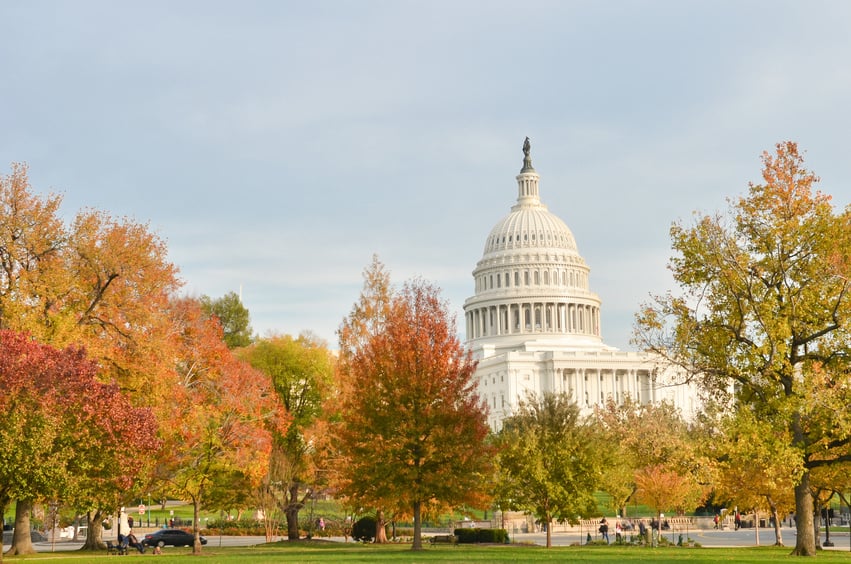The US Federal Trade Commission (FTC) and the US Department of Justice Antitrust Division (DOJ) (together “Agencies”) each have recently taken enforcement actions that demonstrate renewed attention on interlocking directorates (in which individuals simultaneously serve as directors on the boards of competing companies). Interlocking directorates are prohibited under Section 8 of the Clayton Act unless one of its de minimis exceptions applies. Those exceptions are dependent upon the volume of revenues derived from products sold by the operative companies in competition with one another.
On 19 July 2023, the Department of Justice’s Antitrust Division (DOJ) and the Federal Trade Commission (FTC) jointly released new draft merger guidelines for public comment. The guidelines are intended to explain how the DOJ and FTC will assess whether future mergers and acquisitions may violate US antitrust law. These guidelines represent another step in the Biden Administration’s effort to increase aggressive merger enforcement.
On 27 June 2023, the Federal Trade Commission, with the concurrence of the Assistant Attorney General for the US Department of Justice’s Antitrust Division, announced proposed changes to the premerger notification form and associated instructions and rules that implement the Hart-Scott-Rodino (HSR) Act. The proposed changes represent an expansion and reorganization of the information collected on the HSR form.
The Antitrust Division of the Department of Justice announced that it reached a settlement in its litigation challenge against ASSA ABLOY AB’s proposed USD 4.3 billion acquisition of Spectrum Brand Holding Inc.’s Hardware and Home Improvement division. The settlement, which came in the middle of trial and is now subject to court approval, is the first negotiated settlement under DOJ Assistant Attorney General Jonathan Kanter. Notably, comments from the judge during the trial suggested skepticism towards the DOJ’s position and potential difficulties for the DOJ in winning its case. Without the settlement, this case may have been next in a recent number of DOJ litigation losses.
The Federal Trade Commission has just announced its annual adjustment to the notification thresholds that determine whether proposed transactions may trigger a filing obligation under the Hart-Scott-Rodino Antitrust Improvements Act of 1976, as amended, which will apply to transactions that close on or after 27 February 2023.
On 19 October 2022, the US Department of Justice’s Antitrust Division announced that seven directors had resigned from their respective corporate board positions in response to concerns of interlocking directorates. This announcement followed reports that DOJ had issued letters to numerous public companies, investors, and individuals last month. The letters reportedly indicated that DOJ was examining potential interlocks and advised the targets of the risk of potential enforcement actions. DOJ’s muscular posture toward enforcement under Section 8 of the Clayton Act is only the “first in a broader review of potentially unlawful interlocking directorates.”
Our team of over 300 antitrust experts around the world have collaborated to produce a truly innovative Global Merger Analysis Platform (GMAP). GMAP answers 90 detailed questions on merger control law in 120 jurisdictions. It is updated in real time, offering more depth and more legal certainty than existing products in the market.






